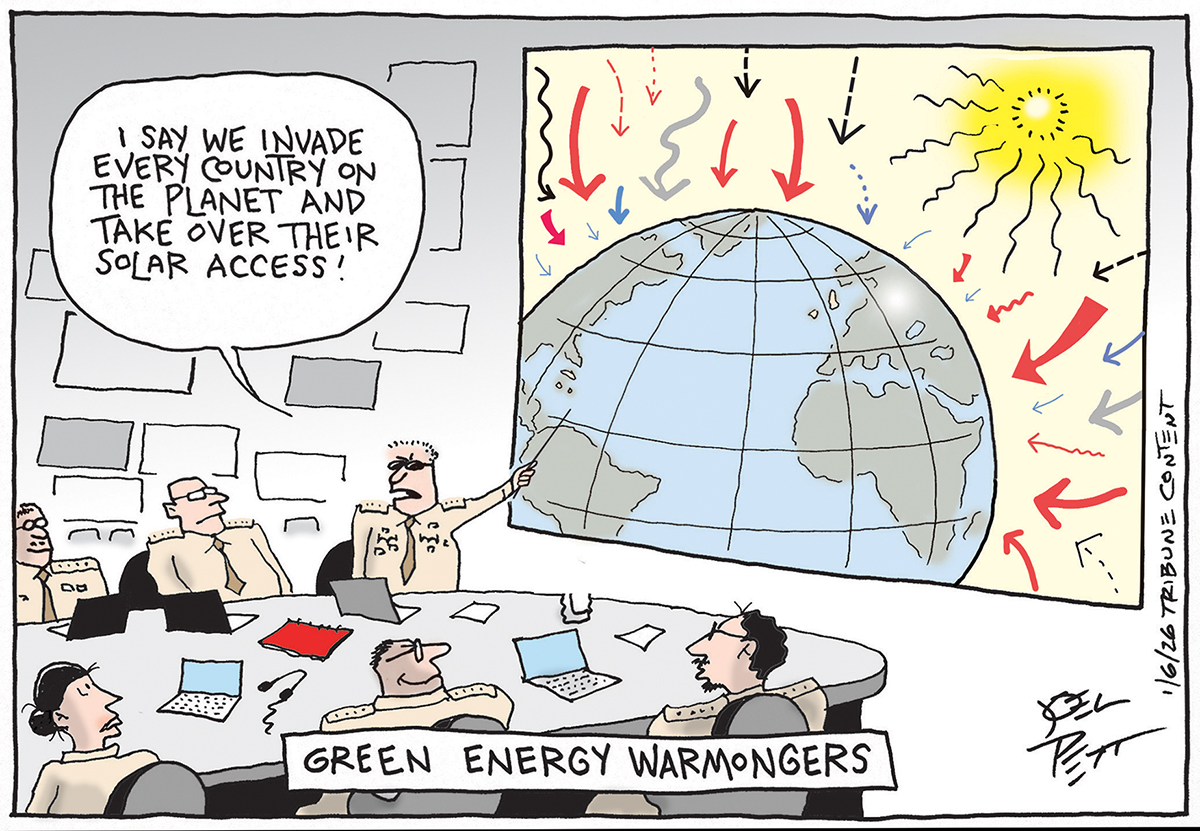How millennials are rewarding their laziness with an absurd participation award
Stop bragging about "adulting." You do not deserve applause for accomplishing the basic tasks for existence.


When I went away for college, I had never done a load of laundry by myself. It turns out it's not that hard — or, at least, that was my conclusion. One of the girls in my dorm thought otherwise.
She didn't want to carry her clothes to the laundry room, and her long-term solution to this conundrum was Febreze. Only visible stains could discourage her from endlessly marinating her clothes in alternating coats of sweat and the cloying scent of anti-odor spray. When she finally did make the trek to the laundry room, it was almost as if she expected some sort of applause. (She sometimes got it, but that was more about relief for her neighbors' noses than a measure of her accomplishment.)
The one mercy in this hygiene debacle is that it happened a decade ago, before the rise of "adulting."
The Week
Escape your echo chamber. Get the facts behind the news, plus analysis from multiple perspectives.

Sign up for The Week's Free Newsletters
From our morning news briefing to a weekly Good News Newsletter, get the best of The Week delivered directly to your inbox.
From our morning news briefing to a weekly Good News Newsletter, get the best of The Week delivered directly to your inbox.
For those new to this concept, let me end your bliss. Adulting is, in the sage words of Urban Dictionary, "to do grown-up things and hold responsibilities such as a 9-5 job, a mortgage/rent, a car payment, or anything else that makes one think of grownups."
Adulting occurs when someone who is, in fact, an adult manages to complete a basic chore anyone of average competence and circumstances should be able to accomplish without a second thought — and then wants to be praised for it. It is tweets like these:
This is the participation award of adulthood, acclaim demanded and sometimes accorded for basic existence. It is, above all, ridiculous.
Now, to be clear, when I criticize adulting I don't mean reasonable reactions to the bad economic hand many millennials have been dealt. If moving in with your parents is what it takes be financially stable, by all means move home. If you decide it would be irresponsible to take on car payments, or you work menial jobs after college until you can find something better, more power to you. Contrary to what Urban Dictionary suggests, being an adult is not about accumulating debt to make your life look fancier.
A free daily email with the biggest news stories of the day – and the best features from TheWeek.com
Adulting is not about failing to achieve big adult milestones — like marriage, home ownership, or having kids — on some artificial timeline. Adulting is about failing to meet simple, everyday obligations of being a human and congratulating yourself on rare occasions of success. It's not moving into mom's basement. It's never vacuuming that basement's floor.
The archetypal narrative exposition of adulting is Broad City, the Amy Poehler-produced vehicle for comedians Ilana Glazer and Abbi Jacobson, and it illustrates this distinction well. Broad City is the story of two charming and inseparable best friends in New York who are consistently terrible at everything.
Though Abbi has plenty of her own foibles, it is Ilana who truly embodies the spirit of adulting. She is bad at her job and worse at her personal life. She has a soggy infestation of moth larvae in her kitchen. She eats garbage bagels — not low-quality bagels, but bagels literally taken from the garbage. She keeps her entire savings in cash in an old cigar box marked "RENT MONEY." She carries miscellaneous papers to an accountant crumpled in a paper bag because she cannot file her own taxes or identify tax documents. She stores clothes in her oven. She does not understand how coat checks work.
Though it's certainly true that Ilana would do well to make progress toward big adult milestones, her primary problem is about far more basic, day-to-day functionality. Ilana's dead-end job sucks, yes, but one of the reasons she's stuck there is her refusal to grow up where lesser mundanities are concerned. "I'm an idiot," Ilana realizes in a rare moment of clarity after a swallow of garbage bagel. "I'm, like, a dumbass. I, like, can't function."
She's right. This is funny when it's on TV, but it isn't funny in real life — and unfortunately, Broad City didn't invent adulting; the show only hyperbolized it. Thought to have originated online circa 2008, adulting has so insidiously spread its poisonous assumptions about adulthood that no less an institution than Merriam-Webster placed it on a list of "Words We're Watching," which consists of "words we are increasingly seeing in use but that have not yet met our criteria for entry."
Not yet.
That cannot happen. If adulting gets into the dictionary, it's here to stay. It will validate laziness and devalue real accomplishments of adulthood. It will move our baseline for what it means to be a functional adult ever closer to Ilana.
Adulting cannot get into the dictionary. We must stop it. I refuse to live in a world of ubiquitous Febreze-sweat marinades.
Bonnie Kristian was a deputy editor and acting editor-in-chief of TheWeek.com. She is a columnist at Christianity Today and author of Untrustworthy: The Knowledge Crisis Breaking Our Brains, Polluting Our Politics, and Corrupting Christian Community (forthcoming 2022) and A Flexible Faith: Rethinking What It Means to Follow Jesus Today (2018). Her writing has also appeared at Time Magazine, CNN, USA Today, Newsweek, the Los Angeles Times, and The American Conservative, among other outlets.
-
 Political cartoons for January 11
Political cartoons for January 11Cartoons Sunday’s political cartoons include green energy, a simple plan, and more
-
 The launch of the world’s first weight-loss pill
The launch of the world’s first weight-loss pillSpeed Read Novo Nordisk and Eli Lilly have been racing to release the first GLP-1 pill
-
 Six sensational hotels to discover in 2026
Six sensational hotels to discover in 2026The Week Recommends From a rainforest lodge to a fashionable address in Manhattan – here are six hotels that travel journalists recommend for this year
